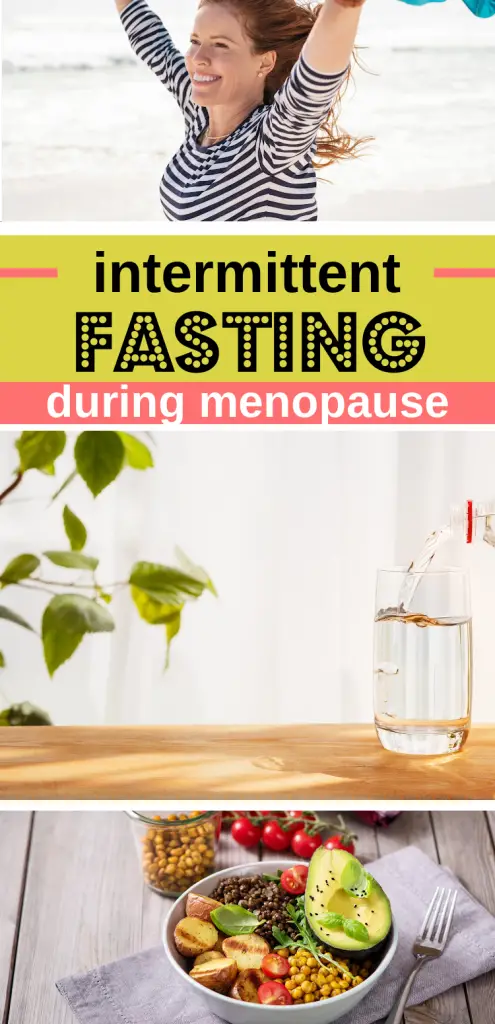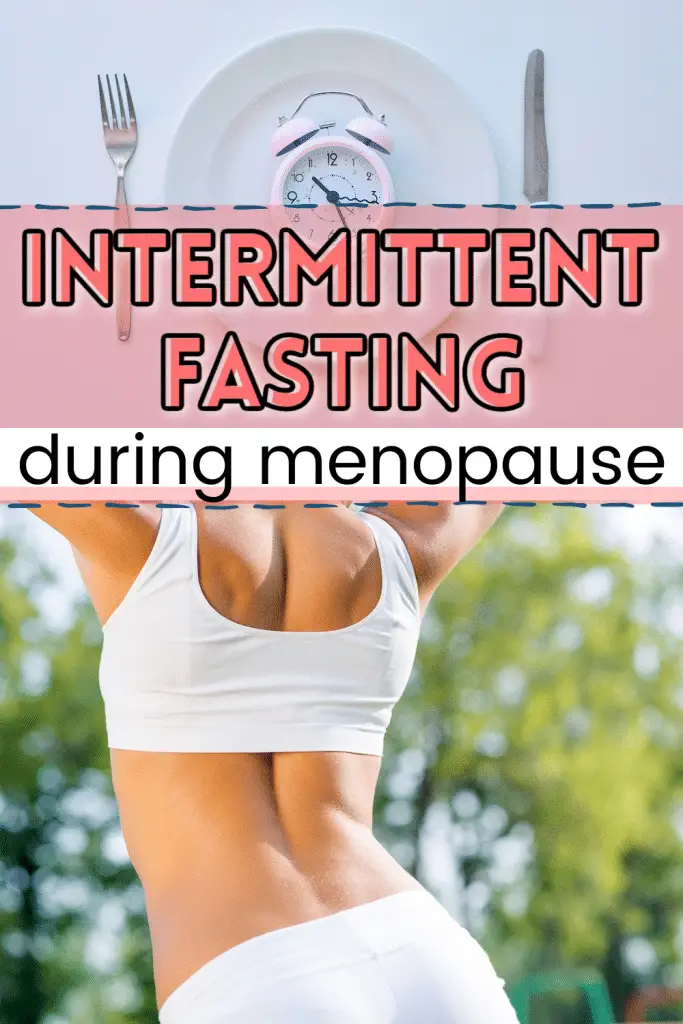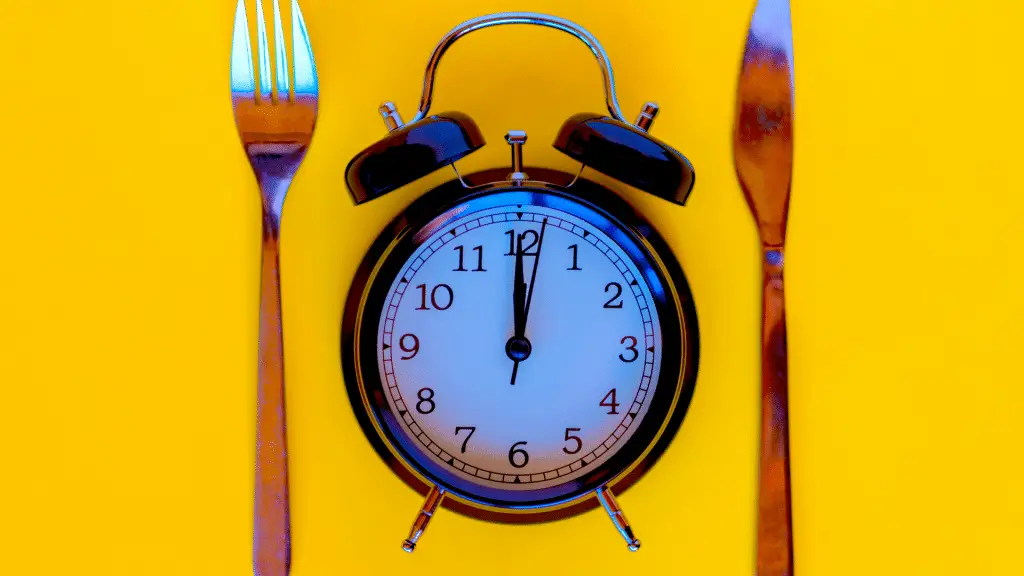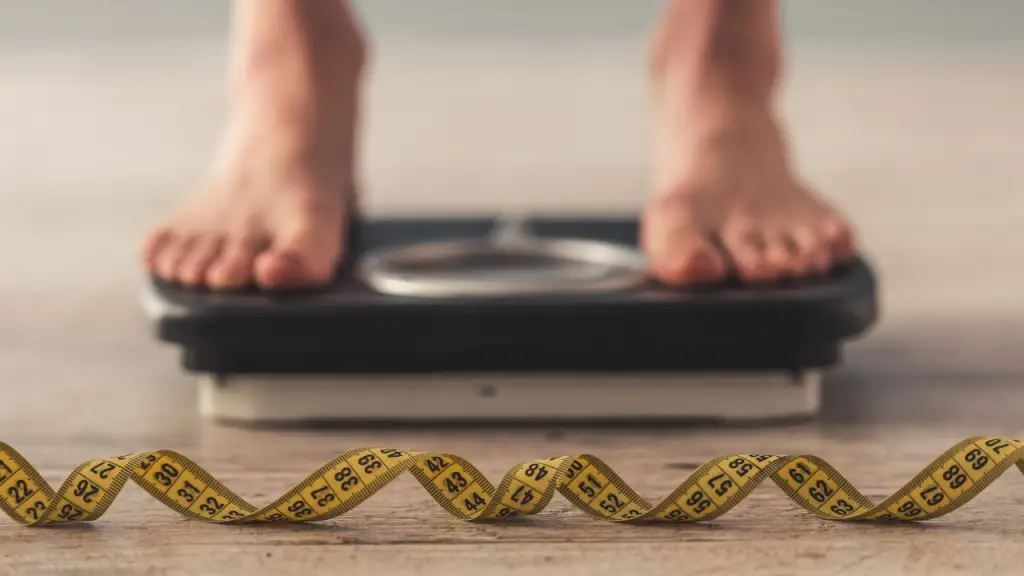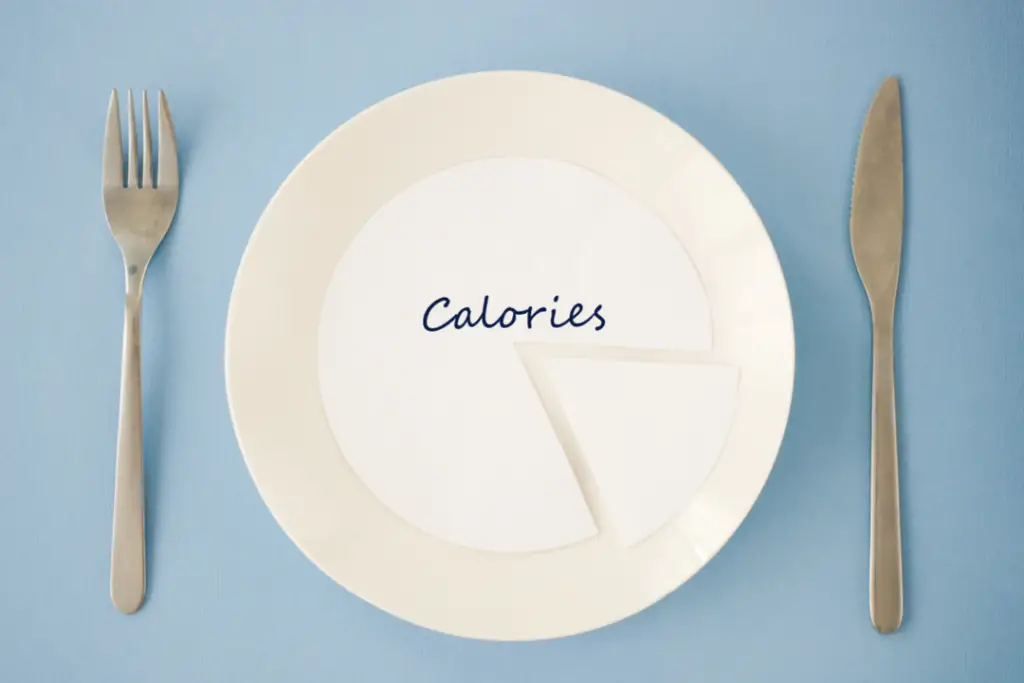Books and digital resources about intermittent fasting for weight loss during menopause are popping up everywhere. And for good reason: most aging women are plagued with unwanted weight gain, and intermittent fasting seems like a welcome solution. I lost 30 lbs after the age of 40 using intermittent fasting when nothing else was working, so intermittent fasting IS effective for weight loss after 40 (read more about my journey: How I Lost Weight After 40: My Success Story.
However, you must know some essential considerations to lose weight successfully with intermittent fasting during menopause. In this post, I will explain why weight loss becomes more complex in menopause and how intermittent fasting works to overcome this challenge.

Why Is Weight Loss Harder for Aging Women
The consensus to explain why it’s difficult to lose weight as we age is that our bodies need fewer calories as our muscle mass decreases.
Does Your Metabolism Decrease Around the Age of 40?
Almost precisely at age 40, I started noticing I was gaining weight without having made any dietary changes. I have talked to countless other women who experienced something similar. If you look online, you will find articles and studies confirming the standard idea that our metabolism needs to decrease around 40. It is hard to adjust to this new Basal Metabolic Rate (number of calories you burn as your body performs basic (basal) life-sustaining functions). We struggle with eating less. Consequently, we end up gaining weight.
However, even that is up for debate. According to a paper published in Science, our metabolism doesn’t start slowing down until our sixties. If that is true, I think that weight gain as we age could be attributed to insulin resistance. Not only is insulin a fat-storing hormone, but as we age and build resistance to this hormone, we struggle with listening to our hunger cues. I am sure you know the feeling of finishing a meal and wanting to eat more. Technically, leptin is the hormone that regulates your feeling of satiety, but as you can imagine, your hormones function in harmony. Your insulin levels impact almost every function in your body, including leptin production and resistance.
The bottom line is that as you age, your body doesn’t function as efficiently (whether it IS a slower metabolism, acquired insulin resistance, or both), which makes it hard to lose weight during menopause.

Is Weight Loss Different for the Aging Woman?
At the most basic level, weight loss during menopause works the same way as during any other stage of your life: consume fewer calories than your body needs. However, two factors influence this equation more and more as you age: your muscle mass and your hormonal function.
Muscle Mass
After age 30, you begin to lose as much as 3% to 5% per decade. This age-related muscle loss is called sarcopenia. No matter your weight or age, the more muscle you have, the more energy your body needs. That’s because muscles burn more energy than fat. What does it mean? It means that as you age, it becomes crucial to include strength training in any weight loss program.
Hormonal Function
We already touched on the issue of insulin resistance a little bit. Insulin resistance will be a huge determining factor when designing a weight loss program during menopause. Improving insulin sensitivity becomes a top priority.
Furthermore, during menopause, declining levels of the sex hormones estrogen and testosterone impact your mood, your sleep, and your metabolism. If you are in menopause and want to lose weight, you will benefit from an approach that also considers that.
As you will see, intermittent fasting is a weight loss approach that addresses the hormonal changes that occur during menopause.

Intermittent Fasting for Weight Loss During Menopause
I write about intermittent fasting for weight loss quite a lot and not just during menopause. Here, I will go over why intermittent fasting works for weight loss quickly, and then I will explain how to practice intermittent fasting for weight loss during menopause successfully.
Why Intermittent Fasting Works for Weight Loss
Intermittent fasting works for weight loss for two main reasons: It naturally helps decrease your calorie consumption and improves your insulin sensitivity.
Simple Calorie Restriction
As I mentioned, there is only one way to lose weight: to consume fewer calories. However, calorie restriction is hard! You need to measure food and track food, which makes you feel hungry and deprived 100% of the time! Fortunately, with intermittent fasting, you can achieve the same calorie deficit without any tracking and deprivation. Shortening your eating window creates a natural calorie deficit while eating all the foods you want. Moreover, you become empowered to listen to your body’s cues as you heal your insulin resistance.
Improved Insulin Sensitivity
Besides helping you naturally decrease your caloric intake, intermittent fasting improves insulin sensitivity. Obesity, leptin resistance, and insulin resistance are interrelated. Studies have suggested that hyperinsulinemia can be a potential cause of leptin resistance and, hence, obesity, eventually leading to metabolic syndrome in such individuals.
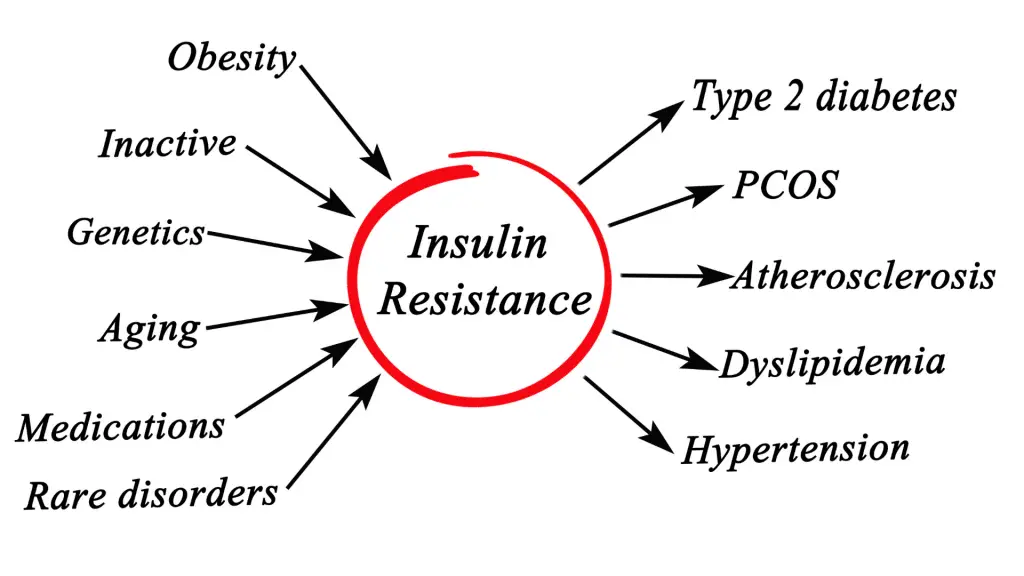
Intermittent Fasting for Weight Loss During Menopause In a Nutshell
Is intermittent fasting for weight loss any different during menopause? The basic principles remain unchanged, but some additional considerations are geared explicitly towards menopausal women (that relate primarily to exercise).
Basic Intermittent Fasting for Weight Loss Principles
The most important rule of intermittent fasting for weight loss success at any age is to fast long enough to achieve ketosis. When you fast long enough to kick your body into fat-burning mode, you benefit in many ways:
- Less appetite
- Improved sleep
- Better focus
- More stable mood
- Fewer cravings
You will feel it when it happens, but it may take a while the first time. That’s why I often recommend you start with a 7-day keto cycle or a modified fast to help facilitate the process. If you have a ketone monitor, you will notice that this change usually happens around 1-1.5 mmol/L and happens after about 18 hours of fasting.
Learn more in my Intermittent Fasting 101 Workshop.

Intermittent Fasting for Weight Loss During Menopause
During menopause, exercise is the piece of the puzzle that may be different from before menopause. The difference is twofold. It involves a greater focus on increasing your muscle mass while limiting the effect of exercise on your sex hormones.
Increasing Muscle Mass
My two favorite ways to increase muscle mass are weight lifting and bodyweight exercise. As you create your weight loss program, include one or both in your routine at least five times a week.
Exercise and Your Sex Hormones
It turns out that exercise impacts your sex hormones (as do all the other beneficial stresses like fasting and calorie restriction). The key is to use exercise wisely and avoid causing too much stress on your body. Stresses on your body will decrease your sex hormone levels. That’s why some women experience hair loss, fatigue, and other issues when intermittent fasting or practicing carb restriction. Women of all ages should monitor their bodies’ reactions closely when intermittent fasting, but even more so in perimenopause and menopause.

Intermittent Fasting for Weight Loss During Menopause Video
In Summary
Intermittent fasting for weight loss during menopause is similar to intermittent fasting at other stages in life. Women in menopause need to build more muscle for optimal health and weight loss while limiting stresses that will affect their sex hormones. It can be a balancing act at any age that may require increased mindfulness and persistence for mature women.
